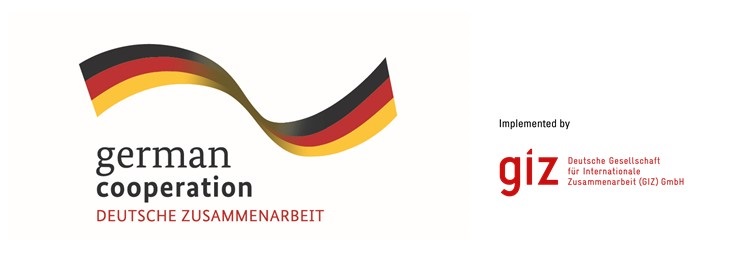Information and Planning System for Location-Adapted Mechanization Concepts Version for Kenya
Project: Promotion of Locally Adapted Mechanization Concepts in Sub-Saharan Africa
The computerized information and planning System (IPS) aims to identify location-adapted mechanization concepts (i. E. number of specific machines required) for predefined farming systems based on a least-cost selection from different options. The demand of machines is determined by the size of the area to be cultivated on a particular farm or in a certain region and by the tasks (= field work processes) to be performed on the area.
The IPS requires Microsoft Excel under Microsoft Windows.
Download:
Download the IPS tool as ZIP archive, save it in a folder of your choice on your Windows computer and extract it.
The ZIP file includes the IPS Excel tool together with the operators manual:
Installation:
After downloading the IPS ZIP file, follow the instruction as shown in the quick installation guide: Quick_Installation_Guide.pdf
Video tutorials:
For a quick introduction to using the IPS Excel tool, you may watch the following video tutorials:
A Instructions for use:
Basic settings before starting the planning process and setting up the tool for a new region
B Case example:
Mechanisation planning for farms and service providers, taking into account data entry,data processing as well
as result presentation and interpretation.
C Back-office:
Step-by-step instructions for introducing new machines and new field operations in the back-office
The IPS is funded and commissioned by the German Federal Ministry for Economic Cooperation and Development (BMZ) and implemented by Deutsche Gesellschaft für Internationale Zusammenarbeit (GIZ) GmbH and its partner CLAAS Global Sales GmbH, with assistance from LEMKEN GmbH & Co. KG. The IPS was developed for the project “Promotion of Locally Adapted Mechanisation Concepts in Sub-Saharan Africa” as part of the Fund for the Promotion of Innovation in Agriculture (i4Ag).
While every effort has been made to ensure the accuracy and reliability of the information provided, GIZ and its partners cannot be held liable for any errors, omissions, or changes in the data. The responsibility for updating and maintaining the database lies with the local partners, and GIZ assumes no liability for the accuracy or completeness of the data or any changes made after the project’s conclusion.


